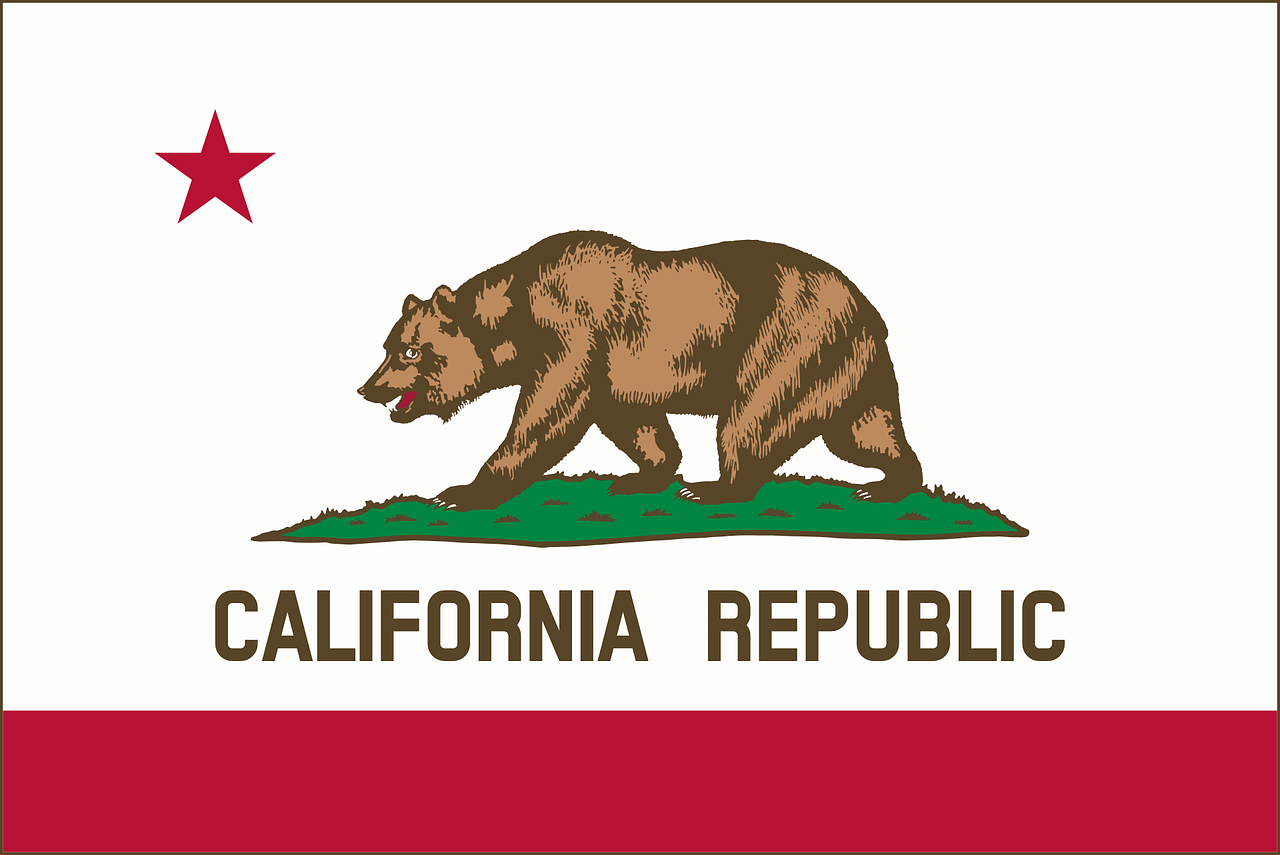
California Escheat and Unclaimed Property Laws
| State | Reporting Period | Deadline | Due Diligence | Negative Report | Voluntary Disclosure Agreement | Reporting Method | Remittance Method | More Information |
|---|---|---|---|---|---|---|---|---|
| California | Reporting period based on company fiscal year end (June 30 and December 31 most common). Life insurance companies must use fiscal year end of December 31 and reporting period of January 1 to December 31. | Life Insurance: Notice report before May 1, remit report and remittance December 1 to December 15. Non Life Insurance: Notice report before November 1, remit report and remittance June 1 to June 15. | $50 minimum, written notice to last known address 6 to 12 months prior to report filing. Notices can be sent electronically with the owner's consent. | Not Required, but recommended | Not Available | Paper reporting or electronic reports in the NAUPA II format, file extension: .hde and submitted on CD, or USB Flash Drive. | Funds: Automated Clearinghouse (ACH) Debit, ACH Credit, Fedwire, or International Funds Transfer Securities: DTC | California Unclaimed Property |
The current statutes that govern unclaimed property in California can be found here accompanied by the California Unclaimed Property Holder Handbook. California has not yet enacted the 2016 Revised Uniform Unclaimed Property Act (RUUPA).
California Unclaimed Property Reporting Period
The annual reporting period for unclaimed property in California is based on company fiscal year end, June 30 and December 31 being the most common. Life Insurance companies must use a fiscal year end of December 31 and reporting period of January 1 to December 31.
California Unclaimed Property Due Diligence Requirements
Holders of unclaimed property must perform due diligence to show that they attempted to find the rightful owner of unclaimed property. For any balance greater than $50, written notice must be sent to the owners last known address 6 to 12 months before the unclaimed property report is filed. Notices can be sent electronically with the owner’s consent. Keep records to prove that due diligence was completed including whether mail was returned as undeliverable.
California Unclaimed Property Reporting and Remittance Deadline
California has two reports. The first is the notice report and the second is the remit report. With the notice report, holders of unclaimed property hold onto the property while the state of California sends out owner notices to contact the owner. The hope is that owner reunification can happen with the holder directly rather than having to be processed by the state. The notice report is then followed by the remit report for the remaining properties that have not been claimed. Life Insurance notice reports are due before May 1 and Non Life Insurance notice reports are due before November 1. Remit report and remittance to the state are due December 1 to December 15 for Life Insurance companies and June 1 to June 15 for Non Life Insurance companies.
California Unclaimed Property Reporting Format
Paper reporting or electronic reporting in the NAUPA II file format. File format accepted is .hde. This format can be generated through the HRS Pro software. The HRS Pro software has a limited free version that has restrictions including one user, one company and less than 100 properties per state report.
California Unclaimed Property Reporting and Remittance Method
Reports can be submitted on on CD or USB Flash Drive. Funds can be transferred by ACH Debit, ACH Credit, Fedwire or International Funds Transfer. Securities can be transferred through Depository Trust Company (DTC).
California Unclaimed Property Negative Reports
Negative reports refer to reports that need to be filed when there is no unclaimed property to report or remit to the state for the year. California does not require negative reports but does recommend them.
California Unclaimed Property Voluntary Disclosure Agreement (VDA)
In some states, the unclaimed property Voluntary Disclosure Agreement (VDA) provides the opportunity for holders of unclaimed property to voluntarily report and remit past unclaimed property. If accepted by the state, the holder is then exempt from fines and penalties that cover the VDA period. The holder is expected to maintain strict compliance with state unclaimed property laws after the VDA period. VDAs are usually available on a one-time basis only to holders that are not already under state audit. California does not currently have a VDA program.
California Unclaimed Property Dormancy Periods
Dormancy periods for unclaimed property in the state of California vary, refer to the state dormancy periods in the California Unclaimed Property Holder Handbook for details. Some common property types are as follows: Wages, Payroll, Salary (1 year), Money Orders (7 years).
More information from the state of California on unclaimed property reporting can be found here. Join our growing network of businesses that are using the Escheatify HolderExchange to prevent escheatment by reconciling their pre-escheat unclaimed property. Contact us to learn more.

